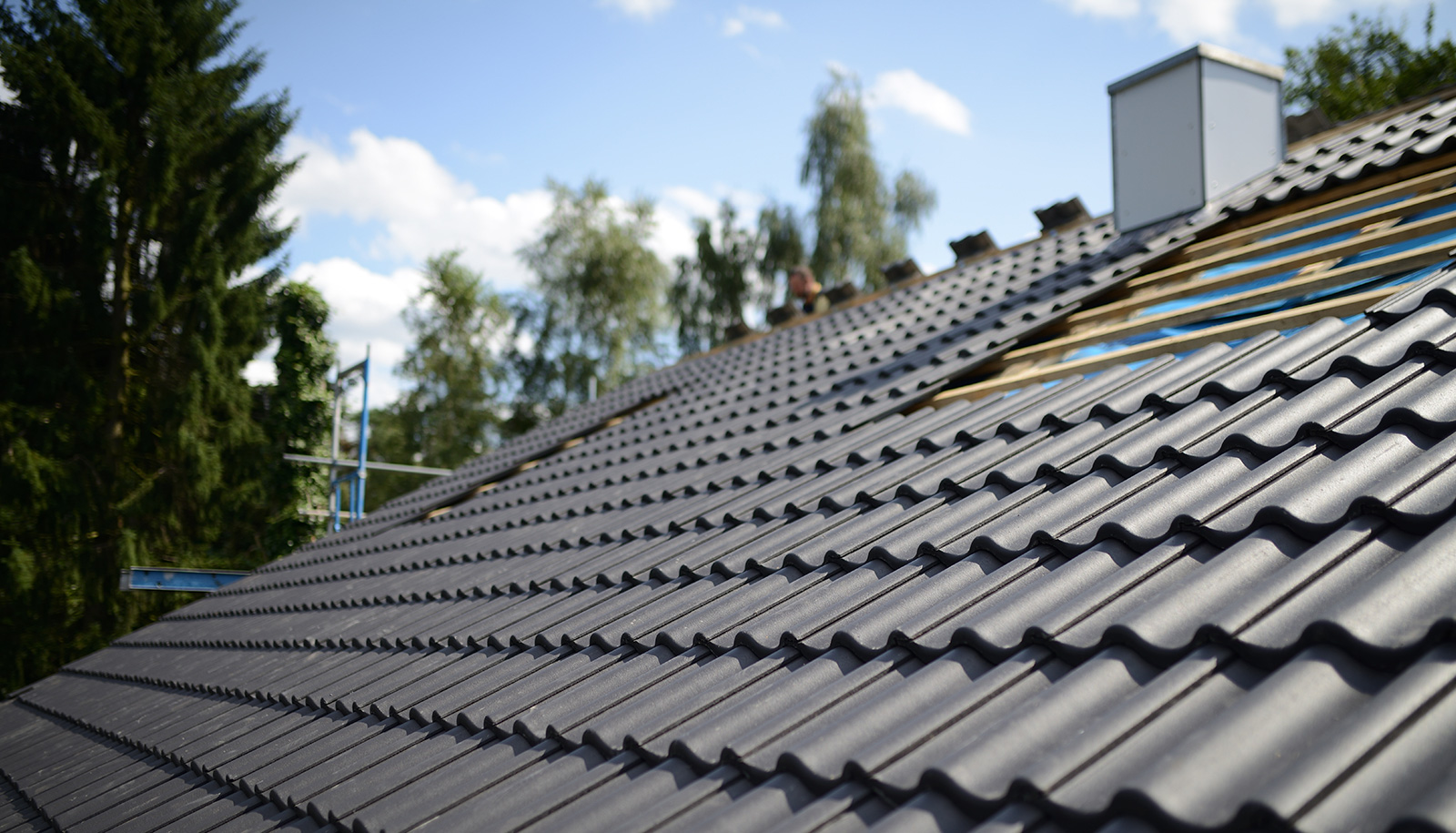The roof plays a crucial role in protecting our homes. It shields us from the elements and contributes significantly to our properties' overall aesthetics and value.
Metal roofing is one option that's been gaining popularity in recent years. But how long do these metal roofs last? Let's find out!
WHAT ARE METAL ROOFS?
Metal roofs are simply roofing systems made from metal pieces or tiles. They come in various types: aluminum, copper, steel, tin, and zinc. Each type has its unique characteristics, but all share the common traits of durability and strength that make metal roofing an attractive choice.
ADVANTAGES OF METAL ROOFS
There's a lot to love about metal roofs. First off, they're incredibly durable and can withstand harsh weather conditions. They're also energy-efficient, helping to keep your home cool during summer and warm during winter. Fire resistance is another big plus.
And if you're concerned about style, don't be! Metal roofs come in various styles and colors to match any home design.
THE LIFESPAN OF METAL ROOFS
So, let's get down to business. How long does a metal roof last? On average, a well-maintained metal roof can last between 40 to 70 years! That's significantly longer than traditional asphalt roofing, typically lasting 12 to 20 years.
However, several factors can affect this lifespan, including the quality of installation, the climate in your area, and how well you maintain your roof.
FREQUENTLY ASKED QUESTIONS ABOUT METAL ROOFS
Let's address some of the most common questions homeowners have about metal roofs:
How long does a metal roof last compared to traditional roofs?
As mentioned, a metal roof lasts 40 to 70 years, much longer than an asphalt roof.
What maintenance does a metal roof require?
Metal roofs generally require minimal maintenance. However, regular inspections and prompt repairs can help extend their lifespan.
Can a metal roof withstand extreme weather conditions?
Yes, metal roofs are known for their durability and can withstand high winds, heavy rain, and even hail.
Is a metal roof more expensive than other types of roofs?
Initially, yes. However, considering its longevity and minimal maintenance requirements, a metal roof can be a cost-effective choice in the long run.
Can you put a metal roof over shingles?
In many cases, yes. However, it's important to consult with a roofing professional to ensure it's the right choice for your specific situation.
INSURANCE AND METAL ROOFS: A CLOSER LOOK
It is essential to consider the relationship between homeowners insurance companies and metal roofs. Many insurance providers regard metal roofs favorably due to their exceptional durability and inherent fire resistance. These qualities make metal-roofed homes less likely to incur significant damage, translating into fewer claims for the insurance company.
As a result, homeowners with metal roofs may enjoy lower insurance premiums. The savings can vary based on your location, the type of metal used, and the specifics of your insurance policy.
What’s more, some insurance companies offer discounts for homes with impact-resistant roofs, and metal roofs often qualify. This is particularly beneficial in areas prone to severe weather conditions like hailstorms or high winds.
So, while the upfront cost of a metal roof may be higher than other materials, the potential for long-term insurance savings adds another financial benefit to choosing a metal roof. Always consult your insurance provider to understand how a metal roof could impact your homeowners insurance premiums.
MAXIMIZING THE LIFESPAN OF YOUR METAL ROOF: KEY TIPS AND STRATEGIES
Want to get the most out of your metal roof? There are several strategies you can employ.
- Firstly, routine inspections and maintenance form the cornerstone of roof longevity. Regular checks help identify minor issues before they escalate into significant problems. This may involve looking for signs of wear and tear, checking for loose fasteners, and ensuring the sealants and coatings are still intact.
- Another critical factor is hiring a reputable contractor to install your metal roof. An experienced contractor will ensure the roof is installed correctly, following manufacturer specifications and adhering to local building codes. This ensures optimal performance and prevents issues that could shorten your roof's lifespan.
- Finally, choosing the right type of metal for your particular climate can significantly impact your roof's longevity. For instance, if you live in a coastal area with salty air, aluminum or stainless steel might be a better choice due to their corrosion resistance. Similarly, if your home is in an area prone to hailstorms, a more durable metal like copper could be beneficial.
Consulting with a roofing professional is always a good idea to make informed decisions about these aspects. With proper care and strategic choices, you can optimize the performance and lifespan of your metal roof.
There you have it! Metal roofs are a durable, stylish, and energy-efficient roofing option that can last up to 70 years with proper care. Plus, they might even save you some money on your insurance bill! So, if you're considering a new roof, don't overlook the potential benefits of going metal.
And if you need help finding the best homeowners insurance coverage for the best price, speak to a SimplyIOA agent at 833.872.4467 or get a homeowners insurance quote online now.










